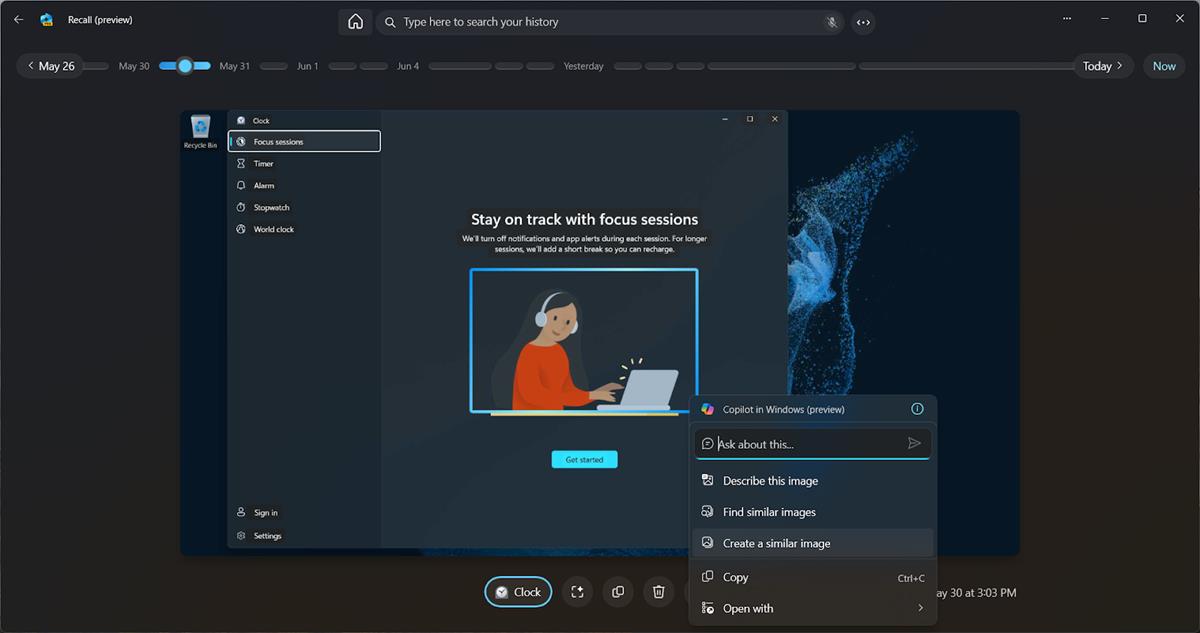If you thought that Microsoft was done with Recall after its catastrophic reveal as the main feature of Copilot+ PCs, you are mistaken.
Microsoft wants to bring it back this October 2024. Good news is that the company plans to introduce it in test builds of the Windows 11 operating system in October. In other words: do not expect the feature to hit stable Windows 11 PCs before 2025 at the earliest.
While Recall may have sounded great on paper and on work-related PCs, users and experts alike expressed concern. Users expressed fears that malware could steal Recall data to know exactly what they did in the past couple of months.
Others did not trust Microsoft to keep the data secure. We suggested to make Recall opt-in, instead of opt-out, to make sure that users knew what they were getting into when enabling it.
Microsoft pulled the Recall feature shortly after its announcement and published information about its future in June. There, Microsoft said that it would make Recall opt-in by default. It also wanted to improve security by enrolling in Windows Hello and other features.



Step 0 really doesn’t need to be hard. Most Linux distros have largely the same compatibility with software, so pick something popular so you can get good community support. For that, I recommend Mint. Pick the flavor that looks pretty to you, and go for it, and if you can’t decide, get the Debian edition (LMDE).
You’re probably going to decide to use something else after getting to know Linux, and that’s 100% fine, but you want something stable and popular to start with so you don’t need to learn everything at once. After that, branch out to try something else until you find what works for you. I started with Ubuntu (all I knew about), then Fedora (what school used in CS labs), then Arch (rec from coworker), and now I’m on openSUSE Tumbleweed. For a new user, the differences honestly don’t matter much, but once you get familiar with the basics, you’ll start to develop opinions and want to try things out.
So keep it simple, install Mint and you’ll probably have a good experience. Or if that doesn’t look good for whatever reason, pick Debian or pretty much any Debian derivative (Ubuntu, Pop!_OS, etc). Those are really popular in the community, and you should have no problem getting help.